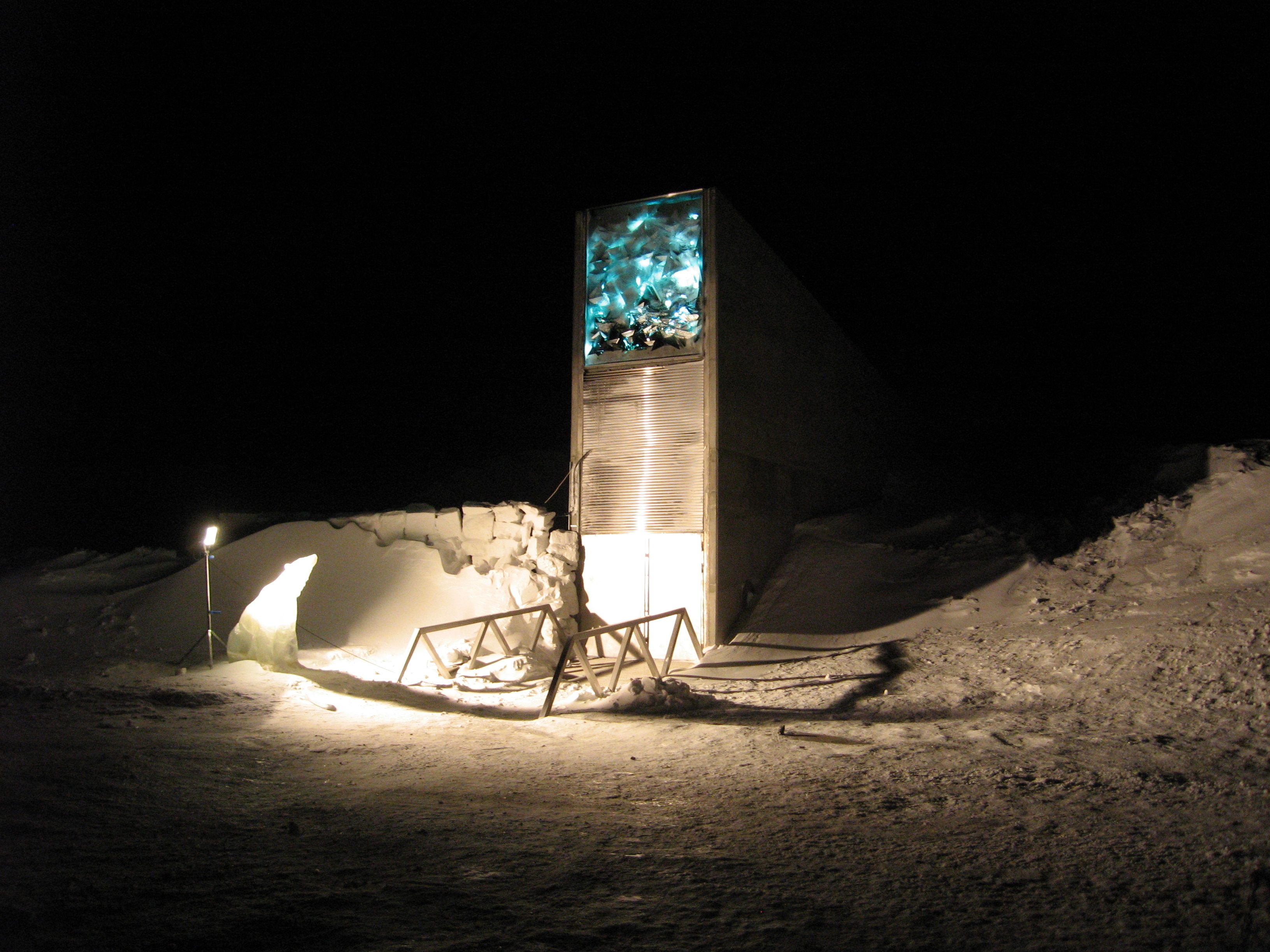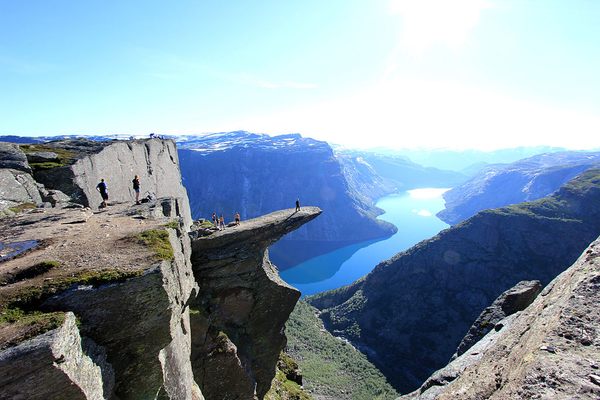The Svalbard Seed Vault Just Got a New Vault Neighbor
This time, it’s for data.

The Arctic’s Svalbard Global Seed Vault, last seen in these parts getting some seeds back from Syria, just got a new neighbor: a doomsday data vault, designed to secure information, like seeds, in case of Armageddon.
The new vault is located in the same mountain as the seed vault, on the archipelago of Svalbard, about 1,000 miles north of mainland Norway. It opened March 27, according to Live Science, and, for now, is pretty empty, though its creators, a Norwegian company named Piql, said that they have already begun to make deposits: documents from Brazil and Mexico.
“In their case, [the deposit] is documents, different kinds of documents from their national histories, like, for example, the Brazilian Constitution,” the company’s founder told Live Science. “For Mexico, it’s important documents, even from the Inca period, which is a very important historical memory.”

The vault will store the data on photosensitive film, in a format that the company compares to QR codes. The film is capable of being preserved for up to 1,000 years, according to the company.
And while the first deposits might include a lot of government documents, the vault is very much a capitalistic endeavor, meaning that anyone can pay to store their information for the long-term future—what Piql calls the “ultimate digital insurance.”
Still, the essential problem of a doomsday vault is something the company is unlikely to be able to solve: What use will any of this be when we’re all dead?








Follow us on Twitter to get the latest on the world's hidden wonders.
Like us on Facebook to get the latest on the world's hidden wonders.
Follow us on Twitter Like us on Facebook